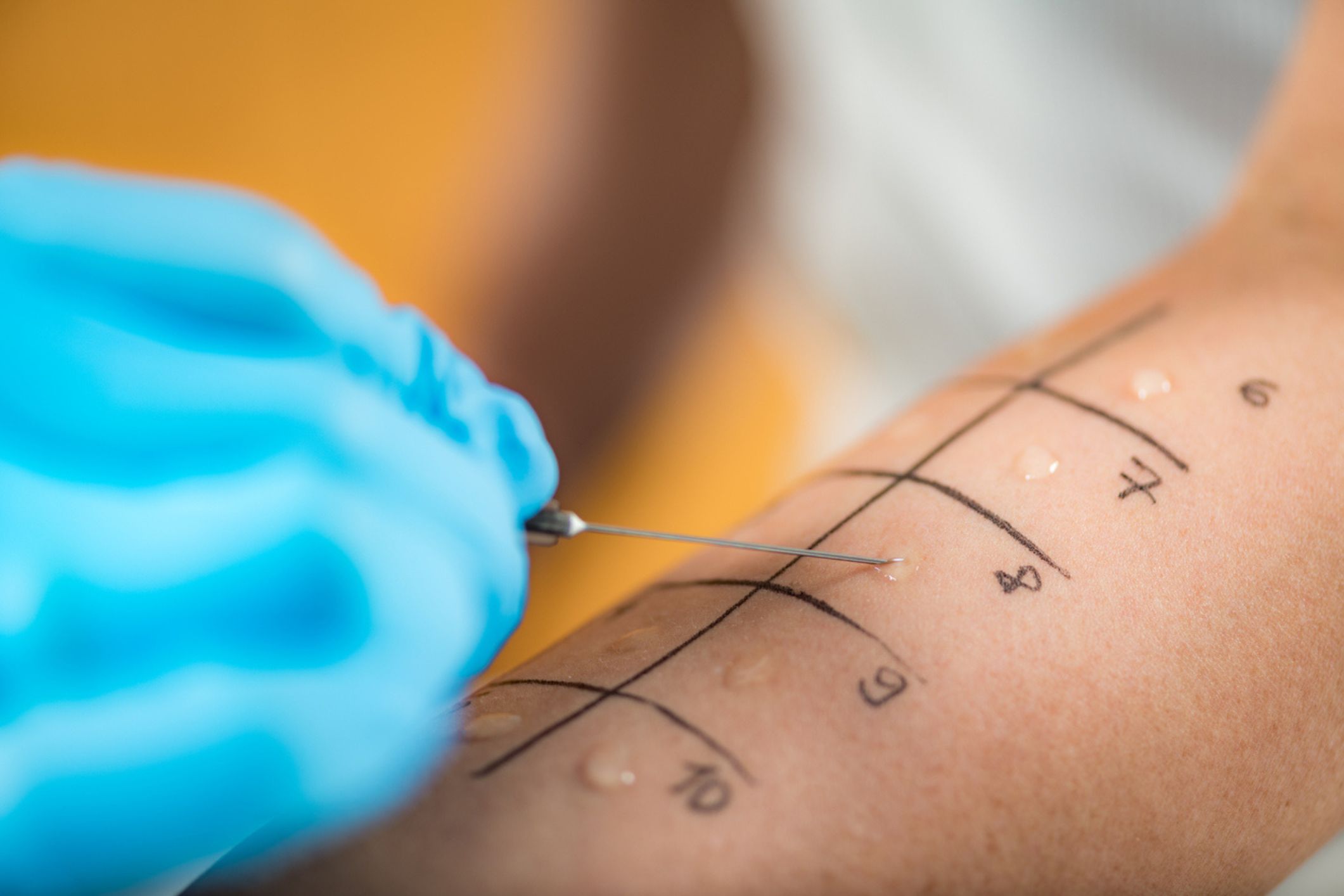
Navigating the world of allergies can be overwhelming, but understanding what to expect during an allergy test can ease some of that burden. At Impact Medical, we offer comprehensive allergy testing services to pinpoint exactly what triggers your symptoms. Here’s what you need to know about the types of allergy tests available and what each entails.
Allergy Skin Testing
Allergy skin testing allows for the diagnosis of environmental, food, bee sting or medication allergies by observing if there are signs of a histamine release.
Prick-puncture Test
This is the most common form of allergy skin testing. During this test, a small amount of the suspected allergen is dropped onto your skin, usually on the forearm or back. The skin under the allergen drop is gently pricked so the allergen goes under the surface.
If you’re allergic, a small, raised, itchy spot will appear within 15 minutes. This test is fast, and multiple allergens can be tested at once.
Intradermal Test
Intradermal skin testing is more in-depth. A tiny amount of allergen is injected just under the skin. This test is more sensitive and can be used for detecting allergies to environmental allergens and drugs like penicillin.
Allergy Patch Testing
Patch testing is used to diagnose skin allergies or contact dermatitis. It involves placing patches with allergens on your back. These patches must stay in place for approximately 48 hours, during which you should avoid sweating and bathing. It’s ideal for identifying allergies to metals, latex, preservatives, and more.
ImmunoCAP Lab Testing
ImmunoCAP laboratory testing is a specialized blood allergy test. It’s particularly useful for diagnosing food allergies, seasonal and indoor allergies, drug allergies and bee sting allergies. A blood sample is collected and analyzed in the lab using ImmunoCAP technology to detect immunoglobulin E (IgE) antibodies, which play a crucial role in allergic reactions.
What Happens After an Allergy Test?
After identifying your specific allergens, your allergist will work with you to develop a personalized management and treatment plan. This might include avoidance strategies, medications, or immunotherapy (such as allergy shots), depending on the severity of your allergies and your lifestyle.
Preparing for Your Allergy Test
To ensure accurate results, you may need to stop taking certain medications like antihistamines a few days before your skin test. It’s important to discuss all medications you’re taking with your healthcare provider ahead of your appointment.
Request an Allergy Test Today
Understanding what triggers your allergies is the first step toward relief. At Impact Medical, our goal is to provide you with a comprehensive understanding of your allergies and equip you with the tools to manage your symptoms effectively. Ready to take control of your allergies? Click here to schedule a consultation today.